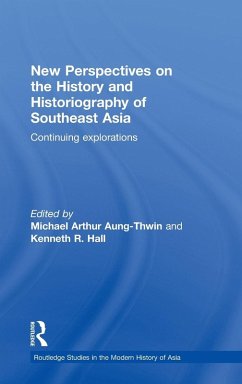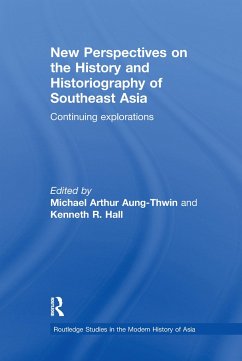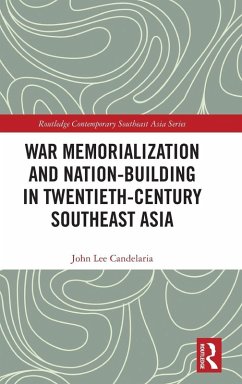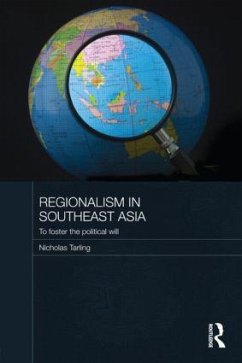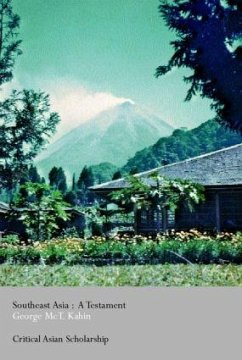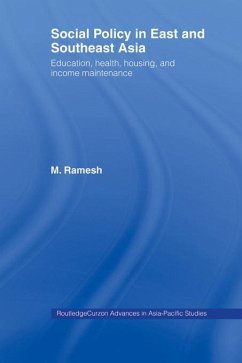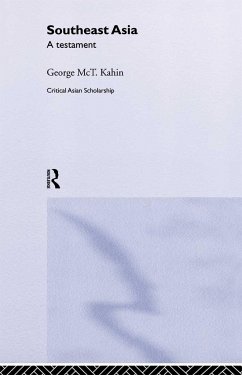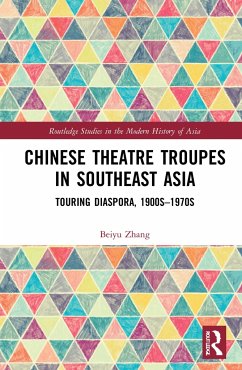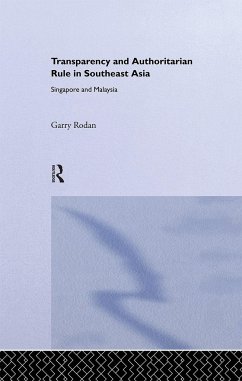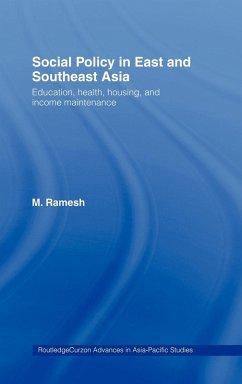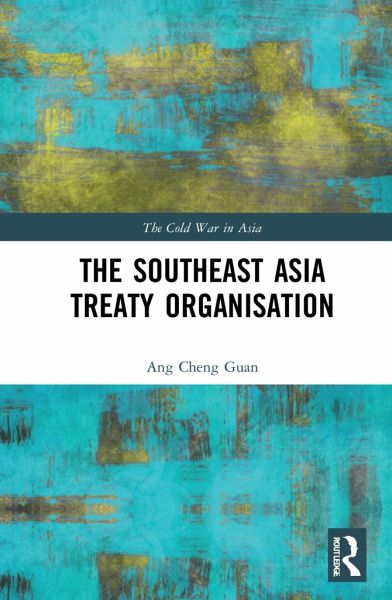
The Southeast Asia Treaty Organisation
Versandkostenfrei!
Versandfertig in 1-2 Wochen
179,99 €
inkl. MwSt.

PAYBACK Punkte
90 °P sammeln!
A History of the Manila Pact and the Southeast Asia Treaty Organisation (SEATO) from its establishment in 1954 until its dissolution in 1977. The Southeast Asia Treaty Organization (SEATO) has received meagre scholarly attention in comparison to other key events and global developments during the duration of the Cold War, due to its perceived failure early in its existence. However, there has been a renewed interest in the academic study of the organization. Some scholars have argued that SEATO was not an outright failure. New literatures have also shed in detail the workings of SEATO, such as...
A History of the Manila Pact and the Southeast Asia Treaty Organisation (SEATO) from its establishment in 1954 until its dissolution in 1977. The Southeast Asia Treaty Organization (SEATO) has received meagre scholarly attention in comparison to other key events and global developments during the duration of the Cold War, due to its perceived failure early in its existence. However, there has been a renewed interest in the academic study of the organization. Some scholars have argued that SEATO was not an outright failure. New literatures have also shed in detail the workings of SEATO, such as operational-level contingency plans and counter-insurgency plans. This book aims to reconstruct a comprehensive life cycle of SEATO using declassified archival documents which were unavailable to scholars studying the organization from the 1950s through the 1980s and provide a nuanced assessment of it. In addition, in recent years, there is also an emerging interest in the possibility of a multilateral military alliance in Asia, for instance the Quadrilateral Security Dialogue morphing into an "Asian NATO". As such, it is therefore crucial to study how previous multilateral alliances in the context of Asia were formed, how they functioned, and subsequently dissolved. A groundbreaking reference on a key element of the United States' Cold War strategy in Asia, which will be a valuable resource to scholars of twentieth century diplomatic history.



